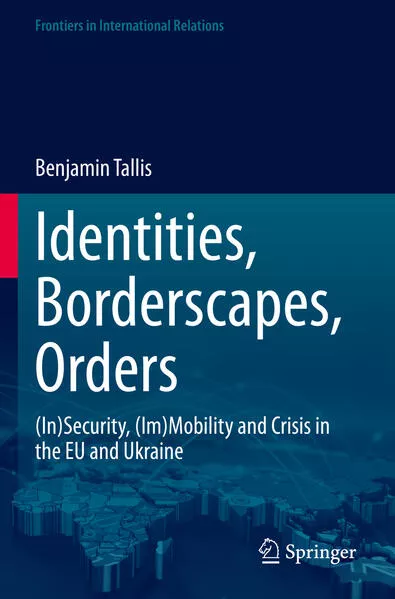
- Publikationen ca: 3
- Fragen & Antworten
Benjamin Tallis
Dr Benjamin Tallis joined the German Council on Foreign Relations in September 2022. He is a research fellow and runs the project “Action Group Zeitenwende” on the transformation of Germany’s security and foreign policy. He previously worked for the EU on security missions in Ukraine and the Balkans and was policy officer at the European Centre of Excellence for Civilian Crisis Management in Berlin.
Tallis spent five years at the Institute of International Relations (IIR) Prague where he headed the Centre for European Security, advised numerous European governments, edited the journal New Perspectives, and created the 2017 Prague Insecurity Conference. He worked at the Hertie School in Berlin and the Institute for Peace Research and Security Policy at the University of Hamburg (IFSH). At the latter, he advised the German government on the future of European security and curated the 2019 Hamburg Insecurity Sessions. He contributed to the 2016 EU Global Strategy and advised on visa liberalization for Ukraine in 2017.
Tallis holds a doctorate from the University of Manchester, regularly appears in the media, and has been published in Foreign Policy, Politico, The Independent, and in leading academic journals including International Studies Quarterly, Security Dialogue, and Cooperation and Conflict. From 2015-2018 he served on the governing council of the European International Studies Association (EISA).Identities, Borderscapes, Orders
This book provides a pre-history of Russia's war on Ukraine and Europe’s relations to it, illuminating the deep roots of the EU’s neighbourhood crisis as well as the migration crises the Union created in the last decade. To do so, the book employs a new and innovative framework that allows for a comprehensive, yet nuanced analysis of borders and a more cogent interpretation of their socio-political consequences.
Identities, Borderscapes, Orders
This book provides a pre-history of Russia's war on Ukraine and Europe’s relations to it, illuminating the deep roots of the EU’s neighbourhood crisis as well as the migration crises the Union created in the last decade. To do so, the book employs a new and innovative framework that allows for a comprehensive, yet nuanced analysis of borders and a more cogent interpretation of their socio-political consequences.
Identities, Borderscapes, Orders
This book provides a pre-history of Russia's war on Ukraine and Europe’s relations to it, illuminating the deep roots of the EU’s neighbourhood crisis as well as the migration crises the Union created in the last decade. To do so, the book employs a new and innovative framework that allows for a comprehensive, yet nuanced analysis of borders and a more cogent interpretation of their socio-political consequences.


